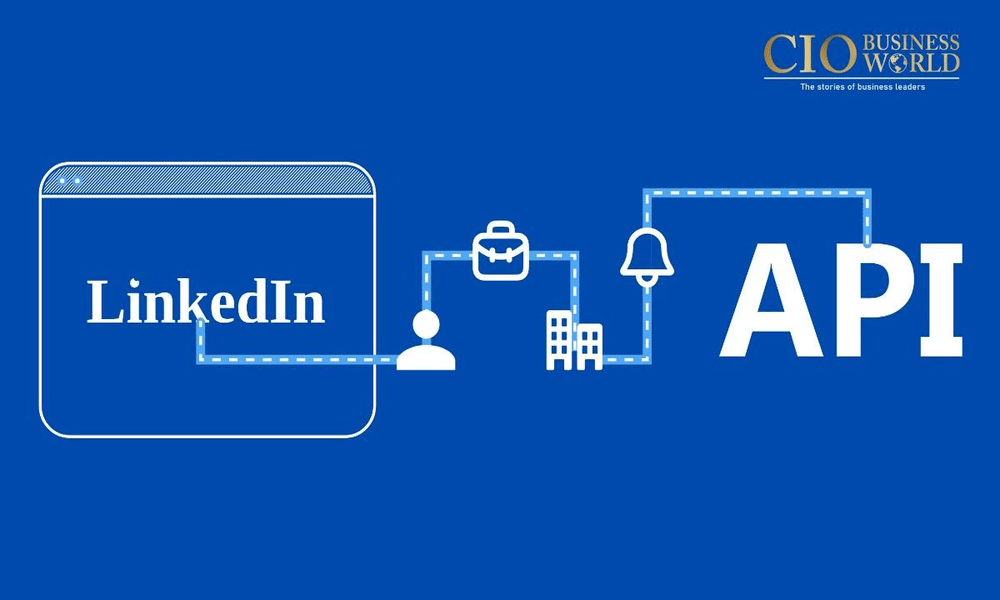The argument over the future of US immigration policies is heating up once more, with the planned increase in H-1B visa fees attracting international attention. Former US President Donald Trump, who has long been skeptical of foreign worker programs, has outlined measures that may considerably increase the cost of acquiring overseas talent through the H-1B scheme.
Industry leaders fear the move may tighten access to highly skilled professionals, particularly in the tech sector, where demand for specialized roles remains high. While the policy aims to prioritize American workers, many experts argue it could unintentionally redirect global talent flows to other regions eager to compete for skilled immigrants.
Tech Talent at a Crossroads
For years, the United States has been the top destination for skilled foreign professionals, especially in information technology, engineering, and healthcare. The H-1B visa program has served as a gateway for global talent to contribute to American innovation. However, increasing fees could make U.S. employers less inclined to recruit internationally, prompting workers to consider alternative destinations.
The Middle East, in particular, stands out as a potential winner. Gulf countries like the United Arab Emirates, Saudi Arabia, and Qatar have been aggressively expanding their tech and innovation ecosystems. Lower costs of living, competitive salaries, and evolving visa reforms make these regions attractive for professionals who might otherwise seek opportunities in Silicon Valley or other U.S. tech hubs.
A New Opportunity for the Middle East
Governments in the Middle East have been investing heavily in digital transformation projects. Initiatives like Saudi Arabia’s Vision 2030 and the UAE’s Smart Dubai strategy underline the growing appetite for global talent. With U.S. immigration barriers rising, these nations could position themselves as magnets for engineers, coders, and tech entrepreneurs.
Recruitment experts suggest that if U.S. visa costs surge, companies might relocate operations or establish regional hubs where talent pools are more accessible. This potential redirection of the workforce could accelerate the Middle East’s ambitions to emerge as a global tech powerhouse.
Global Competition for Skilled Professionals
The proposed fee increase also highlights a broader issue: the international competition for high-skilled workers is no longer centered solely on the United States. Countries like Canada, Australia, and Singapore have already introduced streamlined visa pathways to attract talent. The Middle East could now join that list with greater intensity, fueled by geopolitical and economic shifts.
Finally, the suggested approach has the potential to restructure global talent distribution in unprecedented ways. If the U.S. becomes costlier and more restrictive, international workers may look eastward, changing the dynamics of where innovation happens and who leads the next wave of technological breakthroughs.
As the world watches the unfolding debate, one thing is clear: raising H-1B visa fees may serve as a catalyst for the rise of new tech hubs far beyond America’s borders.















